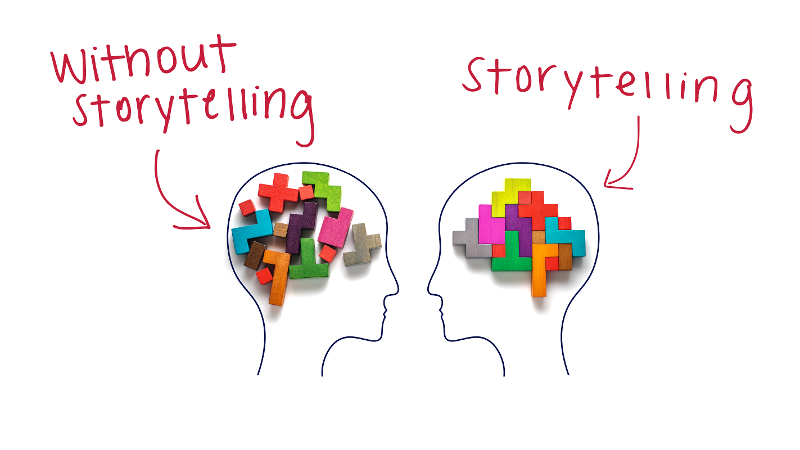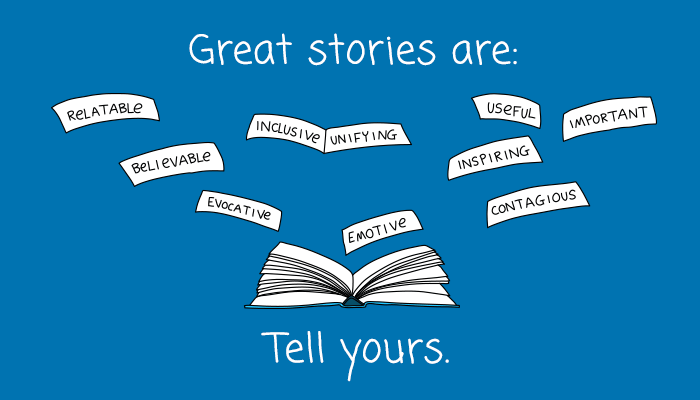The Art of Storytelling in Marketing
- Yashika Maheshwari
- Mar 3, 2023
- 3 min read

Storytelling has been an essential aspect of human communication since ancient times. Stories have the power to connect people, evoke emotions, and communicate important messages. With the rise of modern marketing, storytelling has become an increasingly important tool for businesses to connect with their customers and create a meaningful brand identity. In this article, we will explore the art of storytelling in marketing and how businesses can use it to create a compelling brand narrative.
The Basics of Storytelling in Marketing
At its core, storytelling in marketing involves creating a narrative around a brand that resonates with customers. This narrative can take many forms, such as a brand’s history, values, or mission. The goal is to create a connection between the brand and the customer, evoking emotions and building trust.
One of the key elements of storytelling in marketing is authenticity. Customers are savvy and can easily detect insincere marketing ploys. A brand narrative should be rooted in truth and reflect the values of the company. This can be achieved through honest and transparent communication, consistent messaging, and a focus on building genuine relationships with customers.
Another important aspect of storytelling in marketing is understanding the audience. Different demographics have unique values, beliefs, and preferences, and a brand’s narrative should reflect this. By tailoring the brand story to the audience, businesses can create a more meaningful connection with their customers.
The Benefits of Storytelling in Marketing
Effective storytelling in marketing can have a range of benefits for businesses. Some of these benefits include:
Building brand identity: A compelling brand narrative can help businesses stand out from their competitors and create a unique identity that resonates with customers.
Creating emotional connections: By tapping into the emotions of their customers, businesses can create a stronger connection with them and build loyalty.
Building trust: Authentic storytelling can help businesses build trust with their customers, which is essential for long-term success.
Increasing engagement: A good story can capture the attention of customers and increase engagement with the brand.

Examples of Storytelling in Marketing
There are many examples of businesses that have successfully used storytelling in their marketing campaigns. One of the most well-known examples is Coca-Cola. Coca-Cola has been telling stories for over 100 years, with iconic campaigns such as “Share a Coke” and the “Holidays are Coming” ad. These campaigns evoke emotions and create a sense of nostalgia, while also promoting the brand’s values of happiness and togetherness.
Another example is Nike’s “Just Do It” campaign. This campaign was launched in 1988 and has since become one of the most successful marketing campaigns of all time. The campaign focuses on the idea of pushing yourself to achieve your goals and has resonated with customers around the world.

Tips for Effective Storytelling in Marketing
Be Authentic: Authenticity is key to effective storytelling in marketing. Customers can detect insincere marketing ploys, so it’s important, to be honest, and transparent.
Know Your Audience: Understanding your audience is essential for effective storytelling in marketing. By tailoring your brand narrative to the values, beliefs, and preferences of your customers, you can create a stronger connection with them.
Focus on Emotions: Emotions are a powerful tool for storytelling in marketing. By tapping into the emotions of your customers, you can create a more meaningful connection with them.
Use Visuals: Visuals are a powerful way to tell a story in marketing. Using images, videos, and other visual elements can help bring your brand narrative to life.
Be Consistent: Consistency is key to effective storytelling in marketing. Your brand narrative should be consistent across all channels and touchpoints, creating a cohesive and compelling story for your customers.
Conclusion
Storytelling is an essential tool for businesses looking to market their brand or even for someone starting to build a brand.


Comments